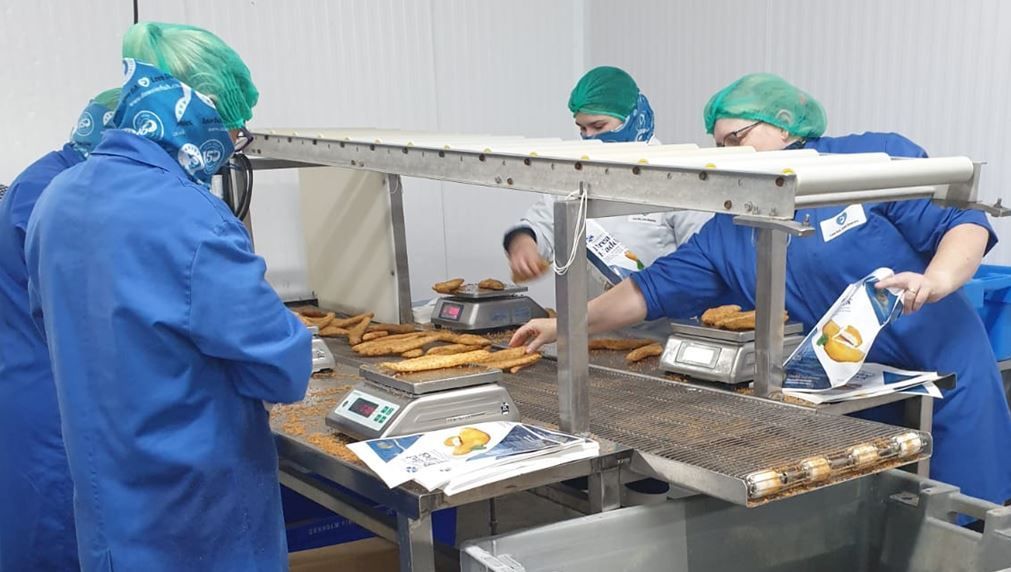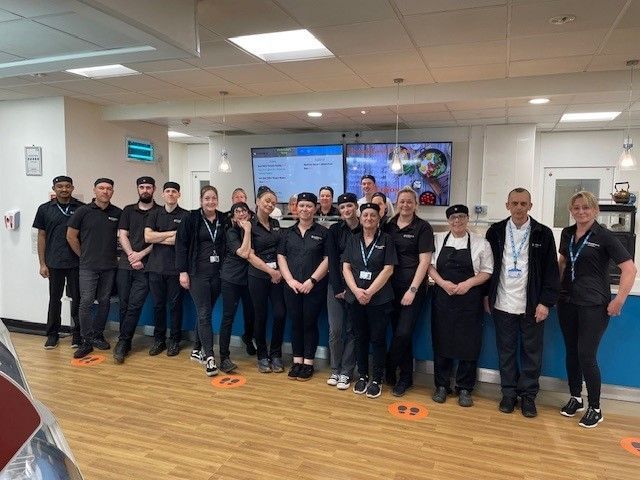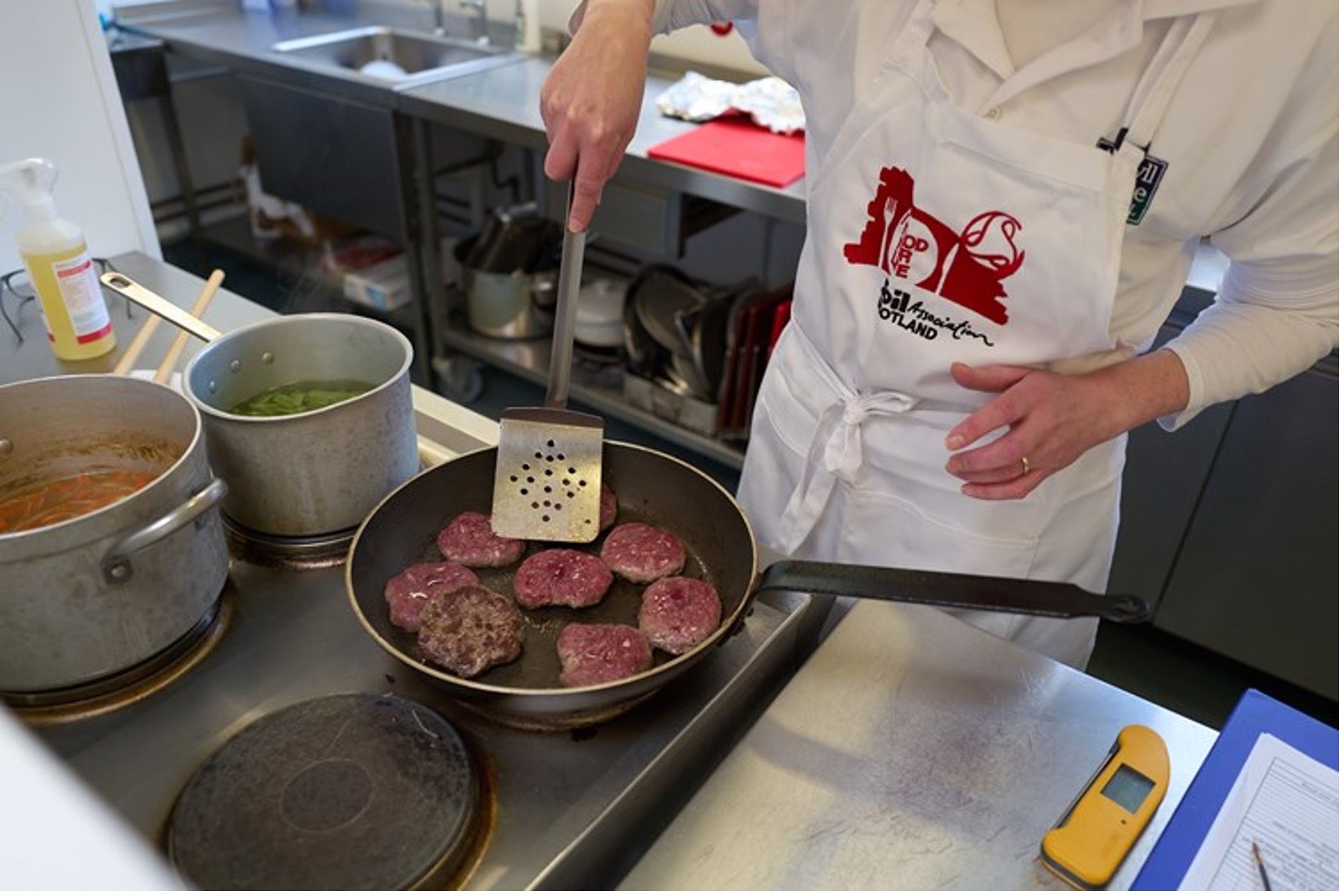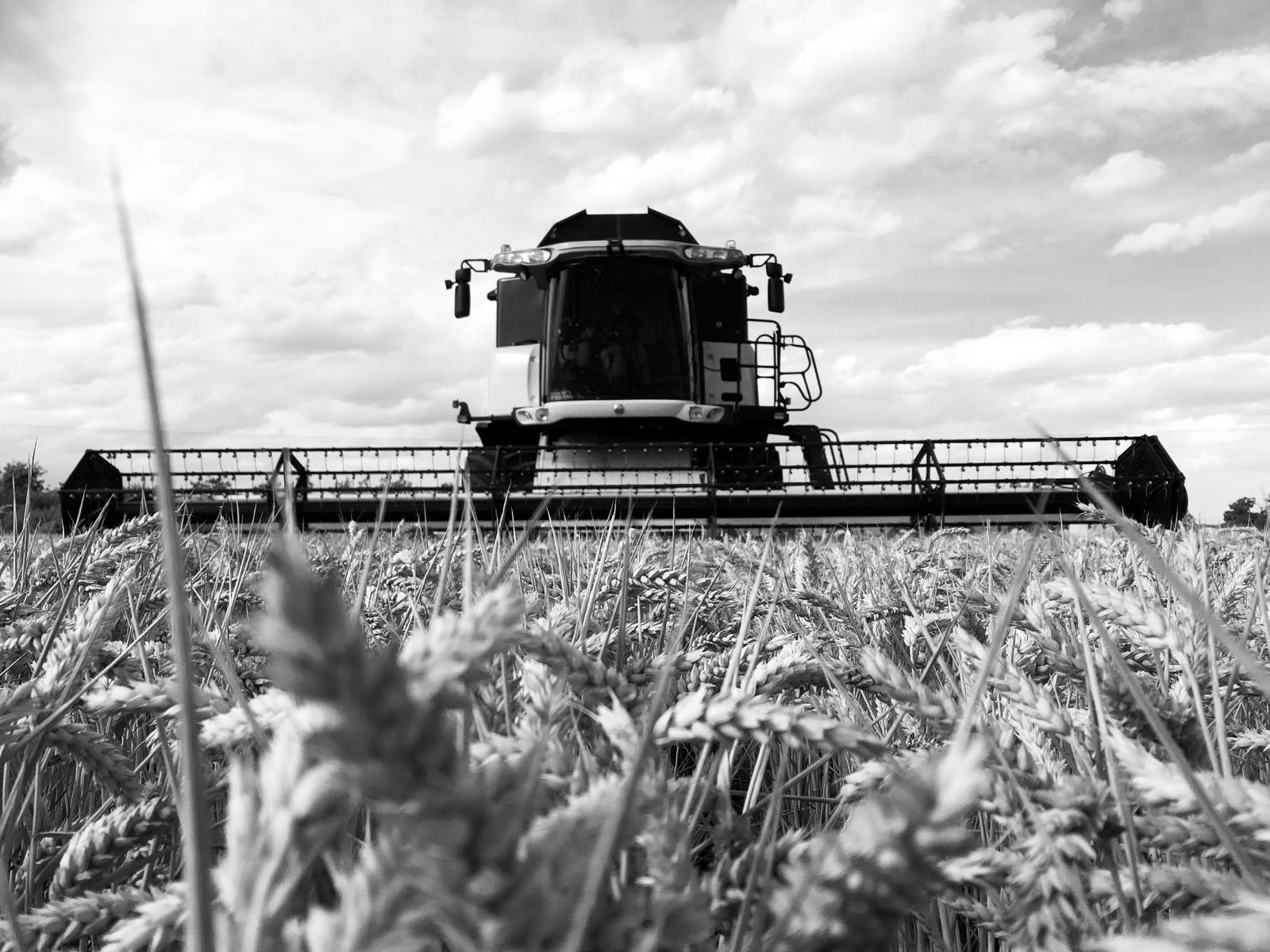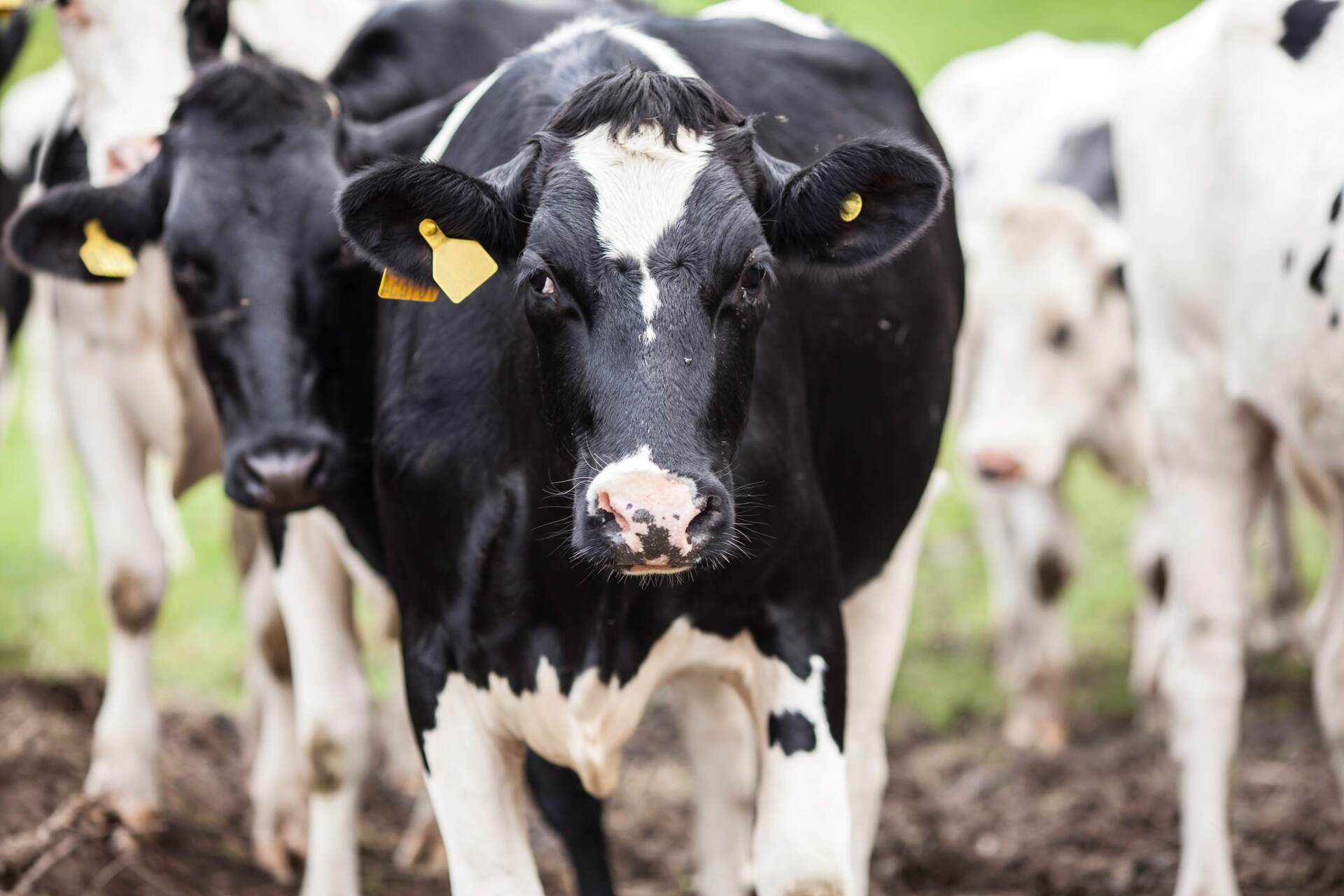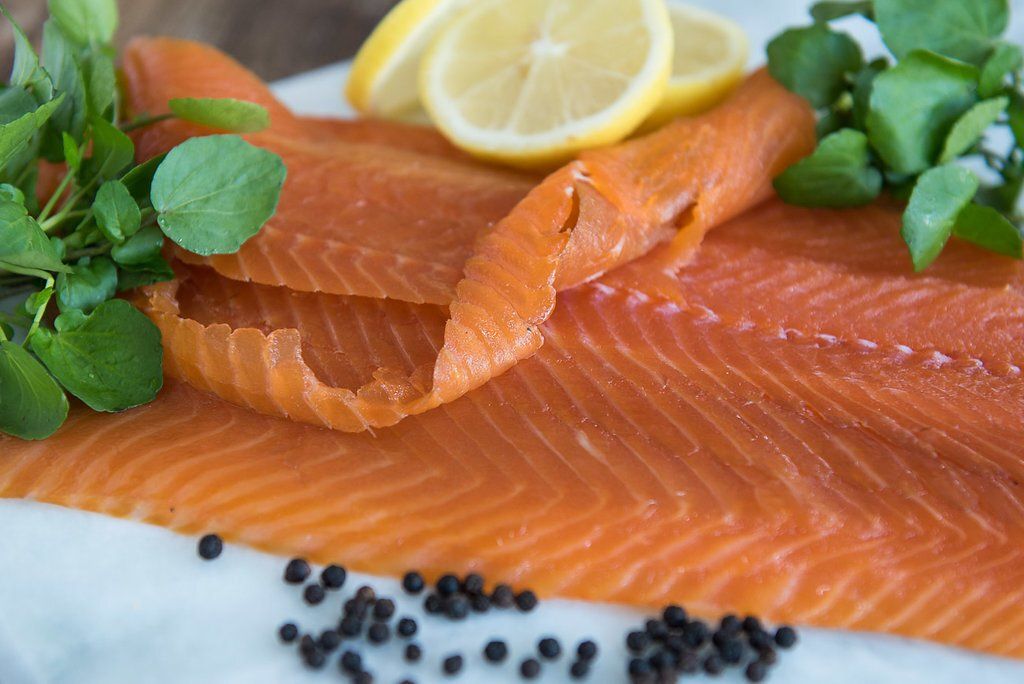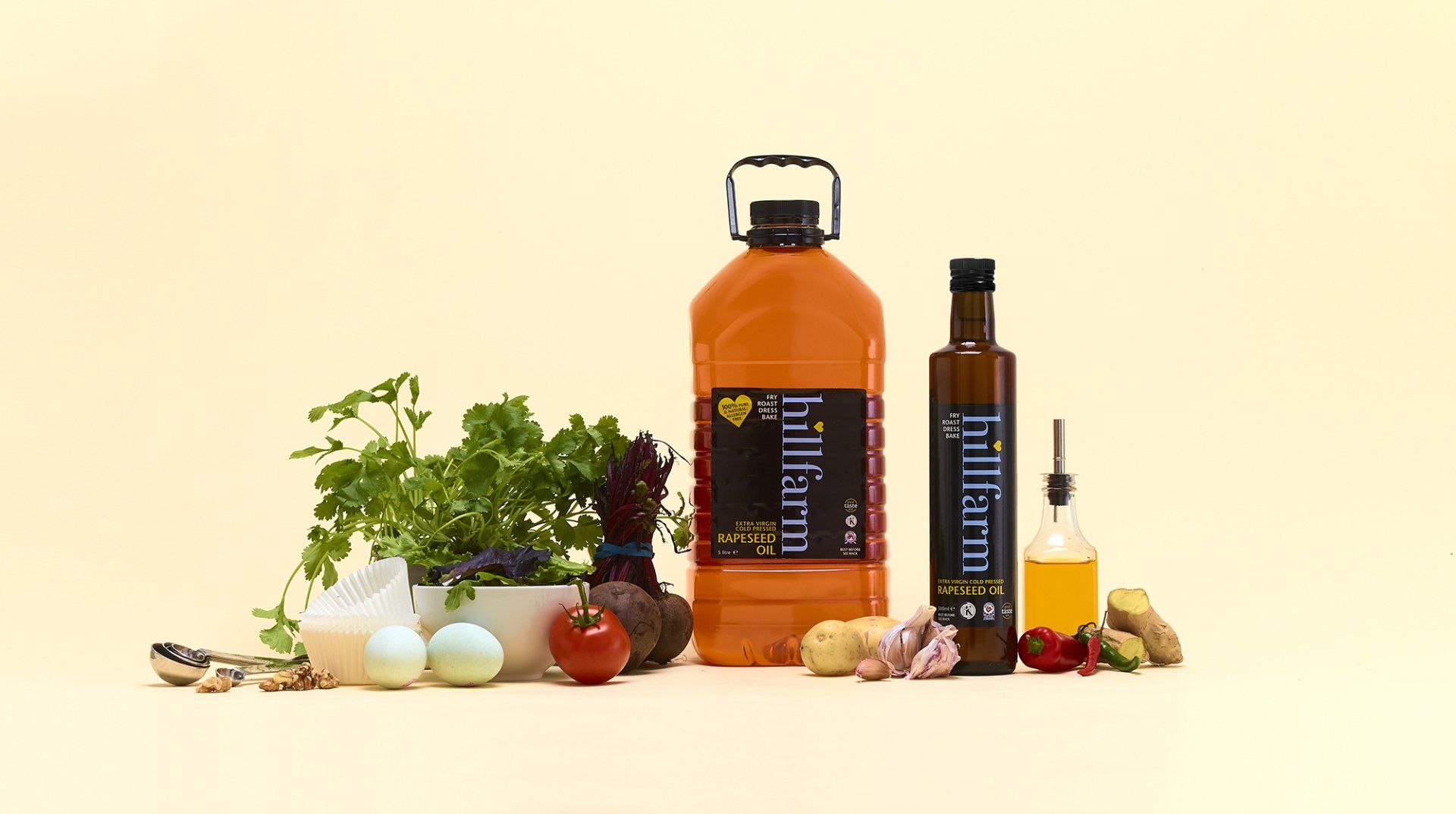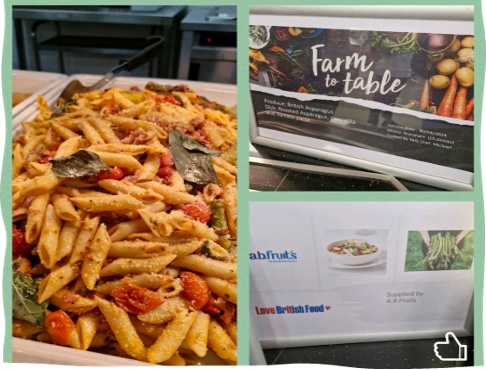With our growing appreciation for food provenance, how do our very British foods keep us healthy through the winter?”

As a Nutritionist with a background as a Vet, I’m never happier than when communicating the benefits of our fabulous, high-quality British produce for our health!
Being awarded Freelance Nutritionist of the Year 2020 recently, was therefore a wonderful recognition of the inextricable links between our British food, the passion of our farmers providing it and the benefits to our health. This is what my Food LINKS project is all about – supporting our British food producers with affordable, evidence-based nutrition advice.
2020 has been the toughest so far for our farming industry. Having to adapt rapidly to the challenges of Covid, Climate change, Brexit and changing Public Health food recommendations, while still ensuring we have food on the table, our British food producers are indeed unsung heroes! There are huge challenges ahead – adapting to the well-intended Environment Land Management scheme for a start. But, working with farmers this year has highlighted for me the many sustainable farming practices already in place - within our Dairy industry for example - find out more from our forum below, recorded during lockdown.
So, as we seek to build public trust and give our farmers the support they need and deserve, and with our growing appreciation for food provenance, how do our very British foods keep us healthy through the winter?
Our Dairy, efficiently produced by cows from our natural resource of grass (thanks to our maritime climate) into highly nutritious milk, is farmed among the highest welfare standards in the world and contains so many ‘hidden’ nutrients. Whole milk is only 4% fat & contains fat soluble Vitamin A, vital for our ‘barrier’ immunity in our airways. Just 1 glass of milk each day gives children 50% of their daily iodine requirement. Iodine is getting lower in our diet and yet essential for the developing brain during pregnancy. You can read more about the many benefits of dairy for our long-term health here
Our Beef and Lamb gives us Iron that we can easily absorb and use for every process in our body requiring energy. A strong immune system for example! It’s also a fabulous source of the micro-nutrient Zinc, linked to animal protein and vital for our immune system to work well. It’s so easy for teenage girls in particular to become deficient in iron (50% in the UK have an intake below the recommended levels during crucial growth and development1) and it’s much harder for our body to absorb iron from plants, so beef is a fabulous source. Pasture-fed beef and lamb, in grazing natural grasses, wildflowers and nitrogen-fixing herbs like clover, has a higher unsaturated fat and reduces the carbon footprint. Benefits to their gut bacteria when grazing this very natural diet, reduce methane output too!
Oily fish like British Trout are one of the few foods to be high in Vitamin D, vital for our immune system and often low in the winter. Its delicate pink flesh provide antioxidants, vitamins and heart-healthy unsaturated Omega 3 oils, vital for our immune systems to work well. Add to that increasing research showing potential benefits on mood and mental health disorders associated with marine Omega 3, and British Trout really is a nutritious winter-food! Our trout farming industry provides vital employment in our remotest communities, it’s also one of the most sustainable fish you can buy. They efficiently convert their feed into a higher body weight and a huge focus on excellent wellbeing now ensures certification for minimal impact on the environment.
Our Seasonal Brassicas with their fibre, vitamins A & C and antioxidants, boost our winter health, as do root vegetables like potatoes and carrots. Try roasting in British cold-pressed rapeseed oil - with the lowest saturated fats of all plant oils, its high smoke point prevents nutrient damage - Hillfarm Oil from Suffolk is rich in colour, flavour and nutrients thanks to this very natural production process, being farmed with maximum biodiversity for nature and soil health to thrive. Vitamin C in seasonal leafy greens also helps us to absorb iron from plants.
British-grown Grains and Pulses provide fabulous fibre to nurture our all-important gut bacteria and their many long-term health benefits. As humans we’ve evolved with bacteria; just as soil health is essential for our crops, our own biodiversity is essential for our health. Read more on all their health benefits here. Start with Winter Porridge every day!
At a time when the inextricable links between our food, its origins and our health, are so important, I’m excited as we move into 2021 to be working together with farmers and Love British Food to stress the value of buying British and supporting local!
Share:
You may also be interested in...
